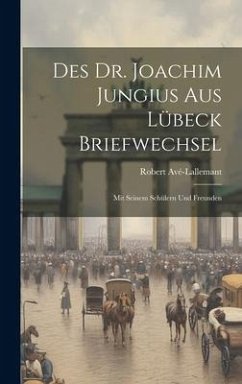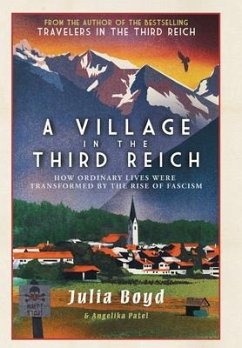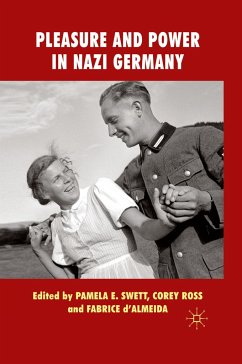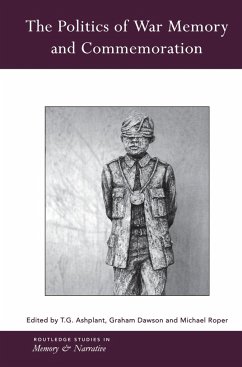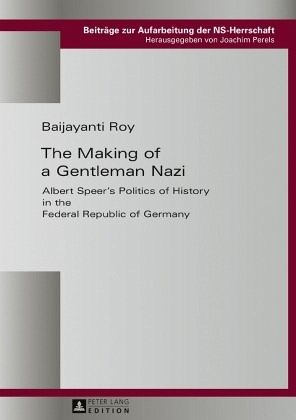
The Making of a Gentleman Nazi
Albert Speer's Politics of History in the Federal Republic of Germany
Herausgegeben: Perels, Joachim
Versandkostenfrei!
Versandfertig in 6-10 Tagen
120,40 €
inkl. MwSt.

PAYBACK Punkte
0 °P sammeln!
At the Nuremberg Trial and through his bestselling books, Albert Speer, Hitler's architect and minister, could successfully project an image of himself as the «gentleman Nazi». Using hitherto unexplored archival sources, this book looks at those aspects of his career that Speer retrospectively manipulated (e.g. his resistance to Hitler's Nero order), to construct this image. The evolution of the «Speer myth», analysed here, shows how West Germany's politics influenced Speer's narrative, as well as the impact that his image had on Federal Republic's efforts to cope with its past. This book ...
At the Nuremberg Trial and through his bestselling books, Albert Speer, Hitler's architect and minister, could successfully project an image of himself as the «gentleman Nazi». Using hitherto unexplored archival sources, this book looks at those aspects of his career that Speer retrospectively manipulated (e.g. his resistance to Hitler's Nero order), to construct this image. The evolution of the «Speer myth», analysed here, shows how West Germany's politics influenced Speer's narrative, as well as the impact that his image had on Federal Republic's efforts to cope with its past. This book also examines the role of historians and public intellectuals in and outside Germany in reinforcing the Speer myth - the British historian Hugh Trevor Roper and the Nazi hunter Simon Wiesenthal among others.








